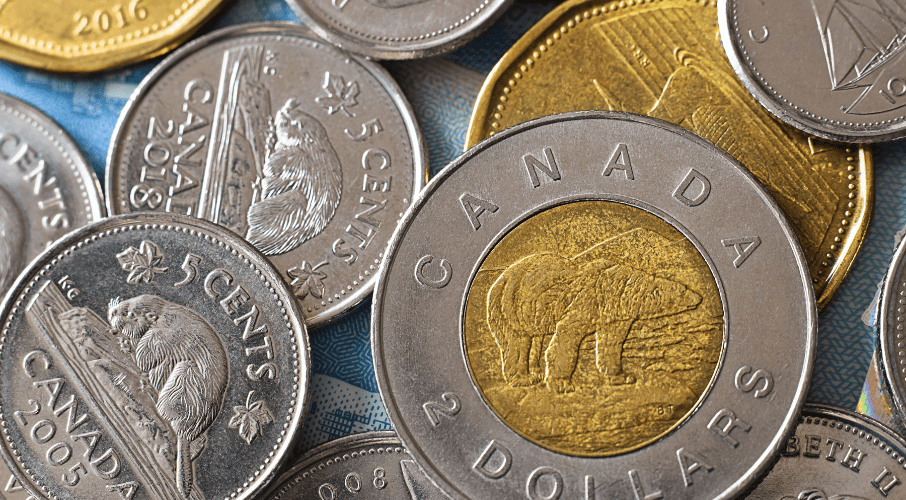This article originally appeared in the Financial Post. Below is an excerpt from the article, which can be read in full here.
By Philip Cross, April 13, 2023
Despite trial balloons that the budget would make at least a token gesture at fiscal restraint, the Trudeau government remained true to its free-spending instincts. It projects continued large budget deficits averaging nearly $40 billion over three years, even though the pandemic is over, with no plans to balance the budget on the horizon. Ongoing fiscal stimulus works against the Bank of Canada’s tightening of monetary policy to combat inflation and risks keeping interest rates higher for longer.
It is just as well the government did not try to pose as fiscally responsible, as its track record of constantly overshooting planned spending has shredded its credibility. Former Finance Minister Bill Morneau’s recent book, Where To From Here, described how the absence of a fiscal target and constant meddling from the Prime Minister’s Office “shattered any pretense of fiscal restraint.” Moreover, the deficit does not fully capture the extent of fiscal stimulus, as households continue to draw on savings accumulated from overly generous government support programs in 2020 and 2021. Morneau admitted the Department of Finance knew at the time “we would be distributing billions of dollars more than was actually needed under the circumstances.”
But pandemic spending is not the source of today’s deficits. The main reason the federal deficit remains elevated is a nearly 30 per cent increase in non-pandemic program spending since 2019. Ottawa is also paying much higher interest rates on its debts, with outlays for debt servicing projected to exceed federal spending on health care by 2025. Provincial governments also have struggled to balance their budgets as they introduced tax cuts and subsidies to cushion the strain of inflation on household finances. But the persistence of the federal government’s deficits is more notable since it alone has a joint agreement with the Bank of Canada to control inflation, which implicitly commits it to conduct fiscal policy in a manner consistent with achieving the inflation target.
***TO READ THE FULL ARTICLE, VISIT THE FINANCIAL POST HERE***






